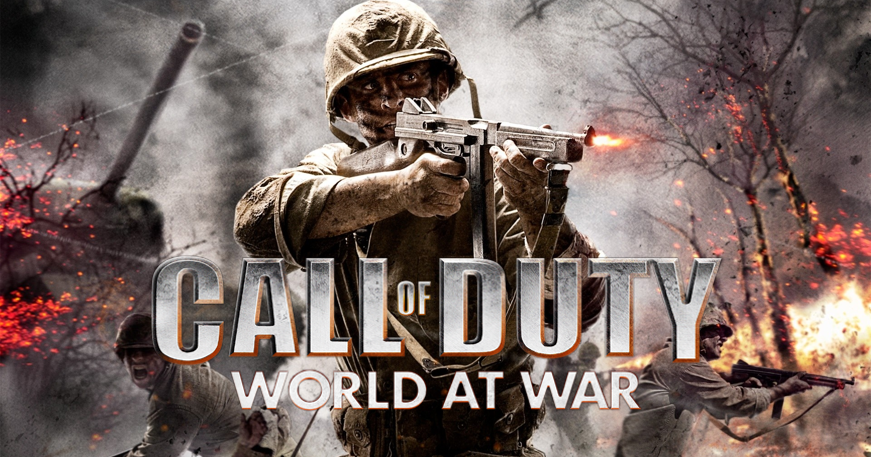
This is significant because our exploration of the landscape of zombie media illustrates not only the nature of humankind, but also the contemporary issues of racism that we face today, specifically in the U.S. As a result of our analysis, we make predictions as to how humans will fare in the apocalypse.

We center upon examples of these depictions here, through critical discourse analysis of select scenes from The Walking Dead, The Zombie Survival Guide, and World War Z.

With the rise of zombies in our popular culture within the last few decades, there have been increasingly realistic and profound depictions of the world reacting to a zombie apocalypse. Flesh-eating monsters are an ever present threat within zombie media, but perhaps the greatest challenges are the repugnant choices humans are faced with - choices such as murder, theft, cannibalism, and many more sacrifices of morality. This reversal of moral codes is explored well within the zombie genre. No matter which side of the argument you defend, it is an undisputable fact that when faced with apocalypse and the dissolution of society, actions once considered drastic become the norm as humans struggle to survive.

Philosophers have argued for centuries whether or not humans are born inherently good or evil. “If we are born with a good nature, then it is society that corrupts us, and if we are born with a bad nature, society is what keeps our desire to commit evil at bay.” 1


 0 kommentar(er)
0 kommentar(er)
